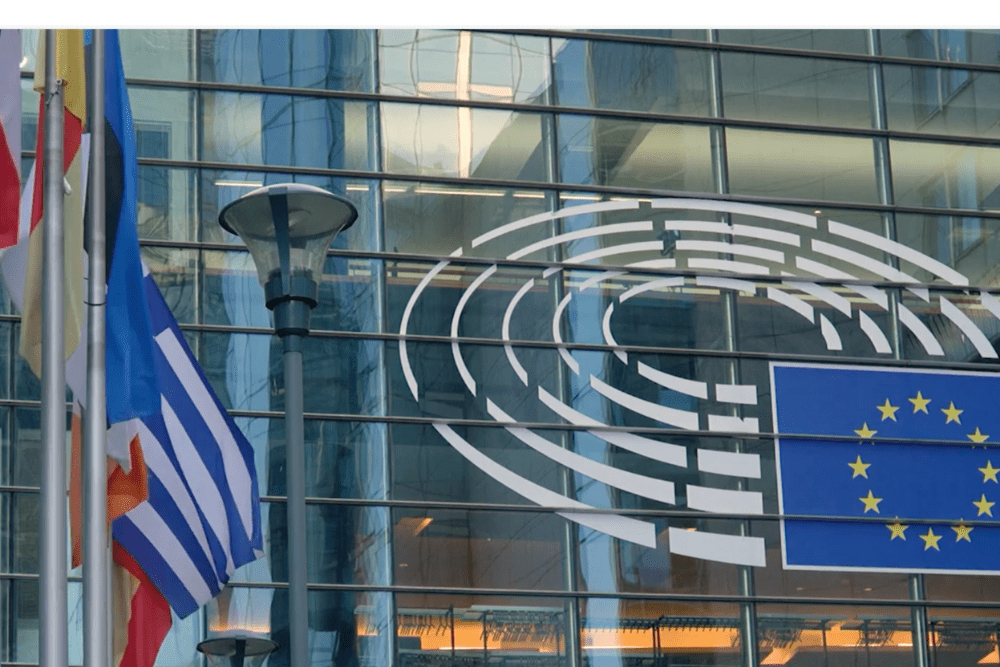Civil Liberties Committee MEPs backed proposals which would mean border controls within the free movement Schengen area can only be reintroduced when absolutely necessary.
On Wednesday, MEPs adopted a draft report on the reform of the Schengen Borders Code with 39 votes in favour, 13 against, and 12 abstaining, and authorised the start of negotiations with the Council with 49 votes in favour, 14 against, and 0 abstentions. In response to increasingly permanent border controls within the Schengen area, the proposal seeks to clarify rules, strengthen free movement within the EU, and introduce targeted solutions to genuine threats.
MEPs want to ensure a coherent EU response in cases of large-scale public cross-border health emergencies, allowing temporary restrictions on entering the Schengen area, but exempting from them EU citizens, long-term residents and asylum-seekers.
As an alternative to border controls, the new rules would promote police cooperation in border regions. Where third-country nationals with irregular status are apprehended during joint patrols and there is evidence they have arrived directly from another EU country, these people may be transferred to that country if it participates in joint patrols. MEPs want to exclude several categories, including unaccompanied minors, from such returns.
Justified and time-limited border controls, for maximum two years, when necessary
In the text, MEPs propose clear criteria for the imposition of border controls in response to serious threats that endanger the functioning of the Schengen area. There would need to be a justified reason such as an “identified and immediate” threat of terrorism, with tighter time limits for border controls in response to foreseeable threats, up to a maximum of eighteen months. If the threat persists, more border controls could be authorised by a Council decision.
The proposals would also allow for the reintroduction of border controls in several countries when the Commission receives notifications about a particularly serious threat affecting a majority of countries simultaneously, for a period of up to two years.
At the same time, MEPs propose removing certain migration-related concepts from the proposal. They argue that the provisions on the instrumentalisation of migrants (where third countries facilitate or encourage migrants to cross into EU territory with the aim of destabilising countries) should be covered by a separate, dedicated proposal, which EU lawmakers are also currently discussing.
Quote
After the vote, rapporteur Sylvie Guillaume (S&D, France) said: “Protecting the Schengen free movement area and what it represents for 450 million Europeans is at the heart of this report. The negotiations have been difficult, but I am delighted we have managed to safeguard the essence of one of the European Union’s greatest achievements.”
Background
The Parliament has called for a reform of the Schengen Borders Code “to strengthen mutual trust and solidarity, and to safeguard the integrity and full restoration of the Schengen area”, which currently encompasses 27 countries.
In a judgment in April 2023, the Court of Justice of the European Union ruled that border controls re-installed because of serious threats may not exceed six months, and can only be extended when a new threat arises, unless there are exceptional circumstances putting the overall functioning of the Schengen area at risk.





